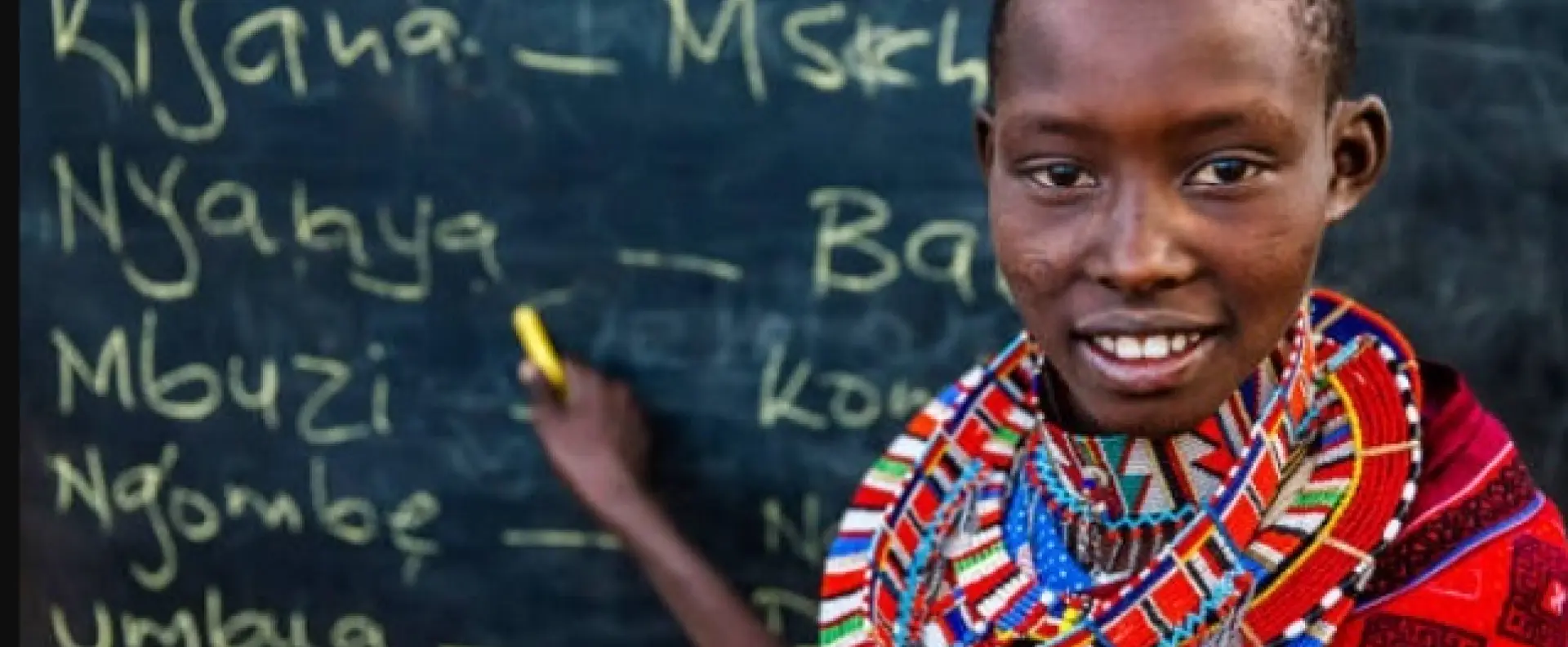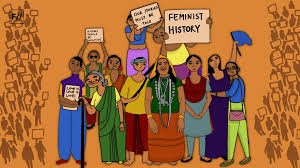Huma Khan
The 3rd World Kiswahili Language Day will be celebrated on 05 July 2024 at UNESCO Headquarters in Paris under the theme “Kiswahili: Education and Culture of Peace”. The celebrations will be chaired by the esteemed Permanent Delegation of the Democratic Republic of Congo, a testament to their commitment and the significance of Kiswahili as one of the most widely spoken languages in sub-Saharan Africa.
Kiswahili, a prominent language in the African family, boasts over 230 million speakers and holds a place among the top 10 most spoken languages globally. Its recognition by the General Conference of UNESCO, through resolution 41 C/61, emphasizes the language’s role in promoting cultural diversity, fostering dialogue among civilizations, and advocating for multilingualism as a core value of the United Nations. The resolution designates 7 July of each year as World Kiswahili Language Day, marking the first African language to receive such recognition from the UN. This historical significance of Kiswahili should make us all feel respectful and appreciative.
Pl watch the video and subscribe to the YouTube channel of republicpolicy.com
UNESCO’s Director-General, Ms Audrey Azoulay, has conveyed a message in honor of World Kiswahili Language Day, underlining the language’s significance and the importance of the celebrations. The commemoration at UNESCO Headquarters in Paris in 2024 will be a vibrant affair, featuring a diverse range of activities. These include an official ceremony, a panel-format conference, a cultural evening, animation workshops for children, and a social media campaign. Additionally, field offices worldwide, such as those in New York, Brasilia, and Tanzania, will also participate in the celebrations, advocating for the promotion and appreciation of Kiswahili as a language of cultural and historical significance.
As we anticipate the upcoming celebration of the inaugural World Kiswahili Language Day, we invite you to participate by capturing a video of yourself saying a word in Kiswahili and translating it into your native language. This initiative aims to bring Kiswahili closer to people’s hearts and homes.
For instance:
- Rafiki in Kiswahili means friend (in English), ami (in French), amigo (in Spanish), Freund (in German)…
- Asante in Kiswahili means thank you (in English), merci (in French), gracias (in Spanish), Danke (in German)
- Safari in Kiswahili means journey (in English), voyage (in French), viaje (in Spanish), Reise (in German)
















